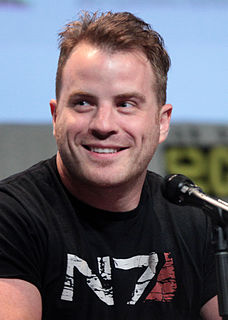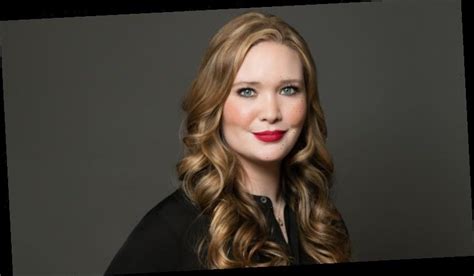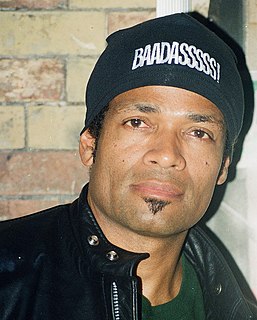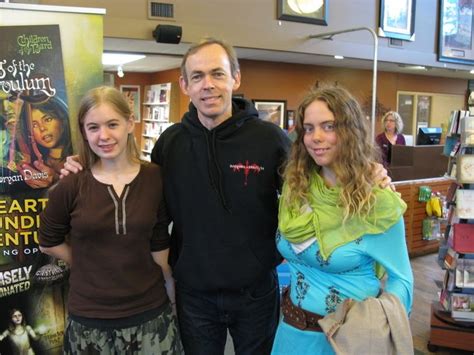A Quote by Robert J. Sawyer
People are looking for a simplicity in their fictional worlds where good and evil are clearly delineated, that you can't find in the real world, and that provides an enormous comfort - and that, I think, has an awful lot to do with the reason fantasy is so popular.
Related Quotes
It is easy to imagine fantasy as physical and myth as real. We do it almost every moment. We do this as we dream, as we think, and as we cope with the world about us. But these worlds of fantasy that we form into the solid things around us are the source of our discontent. They inspire our search to find ourselves.
There are only two worlds - your world, which is the real world, and other worlds, the fantasy. Worlds like this are worlds of the human imagination: their reality, or lack of reality, is not important. What is important is that they are there. these worlds provide an alternative. Provide an escape. Provide a threat. Provide a dream, and power; provide refuge, and pain. They give your world meaning. They do not exist; and thus they are all that matters.
When you're training as an actor, a lot of the big work you're learning is to treat fictional characters like real people. You don't have the problem of discovering a backstory with real people, but there's always a mystery which is common to both fictional and factual characters. They are never quite the person you think they are.
I think my love for books sprang from my need to escape the world I was born into, to slide into another where words were straightforward and honest, where there was clearly delineated good and evil, where I found girls who were strong and smart and creative and foolish enough to fight dragons, to run away from home to live in museums, to become child spies, to make new friends and build secret gardens.
In fact, the libertarian would reason that the fact that human nature is a mixture of both good and evil provides its own particular argument in his favor. For if man is such a mixture, then the best societal framework is surely one in which evil is discouraged and the good encouraged. The libertarian maintains that the existence of the State apparatus provides a ready, swift channel for the exercise of evil, since the rulers of the State are thereby legitimated and can wield compulsion in ways that no one else is permitted to do.
People are tempted to think (understandably) that if God were really good He'd never allow any evil in the world at all. But I don't think a perfectly good God would never permit any evil, and neither would others, I wager, if they thought about it. Rather, I think that a good God always prevents suffering and evil unless He has a good reason to allow it. That's the crux.
I've always written towards movies that take place across two worlds. Most of the movies that I've worked on take place in two worlds, or sometimes three worlds, where you have a normal world and a fantasy world that mix and overlap. I never shy away from the series stuff in the real world. Big Fish is about mortality.
Fantasy stories open our eyes to an unseen world and train our minds to see beyond the visible. In the New Testament context, this is where our real battles are fought. Good fantasy will reveal the hidden powers of evil that threaten the hero's life and upset his journey. Good fantasy focuses on how a hero finds victory when he learns that he can't win by himself, so he submits to the higher power in faith and obedience.
The main thing is to do each project the way you want, and if they find an audience, that's terrific. And if they don't, there's nothing you can do anyway, so don't let it concern you that much. An awful lot of good movies have done badly and an awful lot of bad movies have done very well. There are no real rhymes or reasons for it. Sometimes the stars don't always align right. But if you've done the best you can, you feel pretty good about it.
What writers of fantasy, science fiction, and much historical fiction do for a living is different from what writers of so-called literary or other kinds of fiction do. The name of the game in F/SF/HF is creating fictional worlds and then telling particular stories set in those worlds. If you're doing it right, then the reader, coming to the end of the story, will say, "Hey, wait a minute, there are so many other stories that could be told in this universe!" And that's how we get the sprawling, coherent fictional universes that fandom is all about.






































